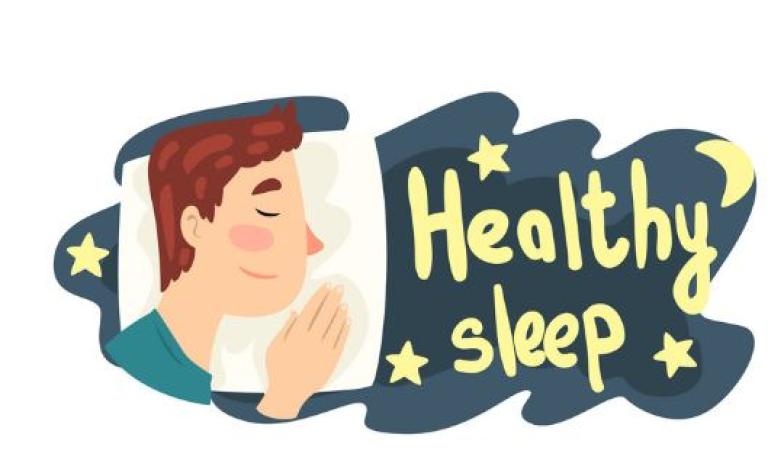Dec 7, 2020
Sleep on It
By Father Patrick O'Shea - Lower Hutt
We are familiar with 24/7 as shorthand for 24 hours, 7 days a week. Recently I came across this unfamiliar version – 9/9/6. This is used in China to refer to people who work from 9 to 9, 6 days a week. A major issue for people working these long hours is how to have a social life. This issue was addressed in a recent article on the BBC website, under the banner “Why China is getting “revenge” on sleep.” The author says that the only way to have a social life for many, apart from getting a job that demands fewer hours, is to cut back on sleep. They refuse to sleep early to regain some sense of freedom and control over their lives. They know that missing out on sleep is bad for their mental and physical health, but they also know that without a buffer between work time and sleep that allows them to unwind and meet social needs, their sleep will be adversely affected anyway. It is very much a catch 22 situation.

I am noticing a growing interest in the links between sleep and health. Until recently there was a tendency to undervalue the benefits of good regular sleep. It was often the first thing people surrendered in catch 22 situations like that faced by Chinese workers. The optimal is 7-8 hours but I do not know many people who get that much on a regular basis. There are a variety of different reasons for this. A few people boast that they do very well on as little as 4 hours a night, Margaret Thatcher being one of the more famous.
The author of the book called Why We Sleep, Matthew Walker, sets out to document all the ways that sleep helps our physical, mental, and emotional wellbeing. At one point he hints that there is something
“that makes you live longer; it enhances your memory and makes you more creative. It makes you look more attractive. It keeps you slim and lowers food cravings. It protects you from cancer and dementia. It wards off colds and the flu. It lowers your risk of heart attack and stroke not to mention diabetes. You will even feel happier, less depressed, and less anxious”
He suggests that if science came up with a revolutionary new treatment that would have all these benefits people would be clambering to get it. Yet it is there for us for free every day and we do not avail fully of it.
It could be that we are not convinced about the benefits of sleep and claims like the one quoted above might seem to belong to the “too good to be true’ category. So, while documenting the benefits, Walker also spells out in graphic details the consequences of sleep deprivation. More and more studies are showing that even simple things like gaining or losing just one hour when daylight saving starts and ends can have profound effects on people.
I have struggled for a long time with getting to sleep and staying asleep long enough for it to have its full impact. I am aware that many factors are at play in this situation. Like the Chinese workers there are some we cannot control. Reading this book has made me more convinced about the benefits of sleep and the need to stay committed to practices that promote good sleep. I follow many of the tips suggested like going to bed and getting up at the same time every day. I try to not to eat late in the evening. I avoid caffeine, alcohol and using electronic equipment close to bedtime. They have helped.

There are many examples of people who worked on projects for some time only to have the key moment of insight happen while they were dreaming. There seems to be something in the adage to “sleep on it”. Our scriptures support this idea. Many key biblical stories involve dreams and visions. This is especially true of the infancy narratives. My favourite passages include Psalm 16: 7 which says, “I bless the Lord who gives me counsel, who even at night directs my hearts”. Job 33: 15-16 says “God speaks first in one way and then in another, but no one notices. He speaks by dreams and visions that come in the night when slumber comes on mankind and people are all asleep in bed”.
The night prayer of the church includes this prayer
“Save us Lord while we are awake, protect us while we sleep, that we may keep watch with Christ and rest with him in peace”.
For those who believe that God is present and active in our waking lives it is not a big jump to believe that he is present and active in our times of sleep, especially as we come to understand how much is going on during these hours. As a scientist Walker does not subscribe to the notion that God speaks to us in our dreams but for believers this could be one more benefit that sleep offers that we would do well not to undervalue.
Sleep well.
